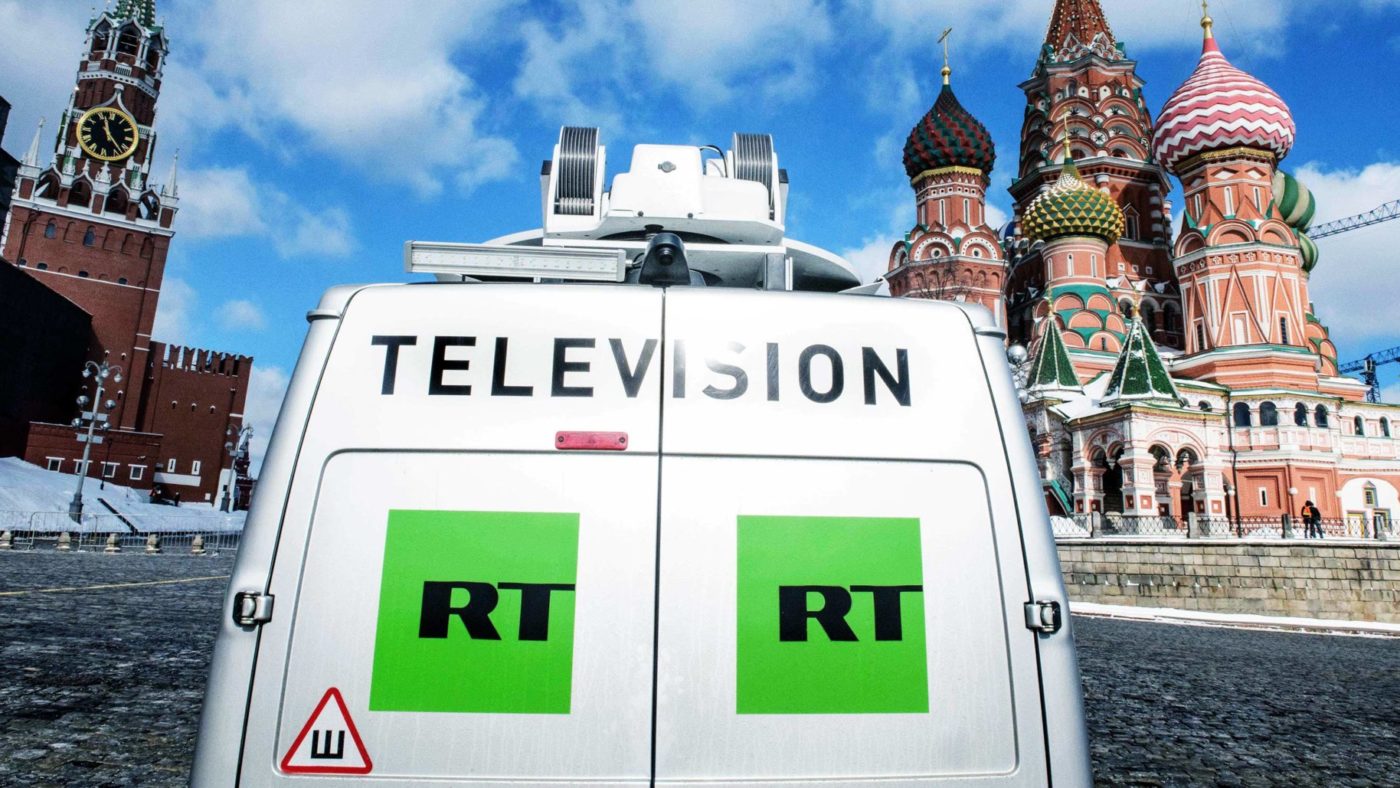It’s almost exactly 20 years since the worst ruler in Europe since 1945, Slobodan Milosevic, bowed to popular pressure and resigned the presidency of Serbia. The issue that had prompted huge demonstrations against him was not his genocidal campaigns that had laid waste to much of the former Yugoslavia, but his penchant for ballot-rigging. He stole the election of September 2000 so blatantly that the people would not stand for it.
Belarus is in a similar state of flux today. Alexander Lukashenko, who has held presidential office continuously since 1994, has cheated in all six of the elections he’s fought, save only the first. The ballot-stuffing in his “victory” last month was so blatant that Minsk, the capital, and other cities have been host to dignified and vast demonstrations for the last four weekends. These have been wholly peaceful from the protesters’ side, and brutal on the part of the thugs in uniform who nominally serve as the police.
Who would take the side of such a bankrupt and discredited regime? The answer, of course, is Vladimir Putin and those who serve his regime. I’m far from starry-eyed about the free press in Western democratic societies, but for all my profession’s failings and idiosyncrasies, it’s hard to think of a more repugnant repudiation of the ethos of journalism than the support given to Lukashenko by Putin’s state propaganda machine.
The Times reported last week that dozens of reporters and camera operators from RT (formerly Russia Today, which is how I will continue to refer to it) had travelled to Minsk not to report on the mass protests – a genuine and important news story – but to fill the roles of staff and presenters at Belarusian state media who had resigned in protest. The Russia Today employees are, not to put too fine a point on it, scabs; and their trade is organised lying. They are there to do the bidding of the Kremlin in shoring up a rogue and fraudulent regime in a neighbouring state.
The attempt to control Belarusian state media, and tell the country’s people that the evidence of their own eyes is wrong, is not some devolved decision. Nothing is done by Russia Today or its radio stablemate Sputnik on the initiative of its employees. It’s been directed at the highest levels by Andrei Blagodyrenko, a senior executive at the company that controls both Russia Today and Sputnik. He is the former husband of Margarita Simonyan, the editor-in-chief of Russia Today. Ms Simonyan turned up in Minsk this week to ‘interview’ Lukashenko exclusively, his first such venture since his bogus reelection. It concluded with a photo-opportunity, where Lukashenko was flanked by smiling representatives of Russian state media and with Ms Simonyan’s arm affectionately entwined in his.
The bravery of Belarusians is extraordinary. Maria Kolesnikova, one of the three women who joined forces to challenge Lukashenko in the election, went missing this week. Witnesses report seeing her being bundled into a minivan by masked men. Her whereabouts are unknown, expect – presumably – to Lukashenko himself. She is not alone in her plight: at least 600 protesters were detained after last Sunday’s protests. In total, four people have died and hundreds have been injured at the hands of Belarusian police during the demonstrations.
It is beyond argument that Belarus is led by a cheat, a kleptocrat and a gangster. It’s to the credit of the British government that it’s firmly rejected the fraudulent electoral claims of Lukashenko’s regime. It should now enact targeted sanctions against Belarus, concentrating on the assets and freedom of travel of members of the regime, and these should be maintained until Lukashenko agrees to step down and hold fresh elections. And in the meantime, there is something minimal the rest of us in public life, in the media or politics or culture or any other public-facing profession, can do. That is to shun the organs of Russian state propaganda and shame those who indulge them.
I say this with some diffidence as, while I’ve always unhesitatingly refused any invitation to be interviewed by Russia Today or Sputnik, I’ve been careful not to attack others merely for going on their programmes. We all have to make a decision on the outlets we’ll treat with, and mine is to punctiliously avoid those organisations that are a mere pastiche of news coverage and whose currency is systematic falsehood. As Sara Firth, formerly a London-based reporter for Russia Today, said when resigning from the station in 2014, its coverage of Ukraine was “the most shockingly obvious misinformation and it got to the point where I couldn’t defend it anymore”.
Russia Today’s obsequiousness to tyranny and fraud and its gross insult to the people of Belarus mark a watershed even by its own debased and intellectually corrupt standards, however. No reasonable person should give it the time of day, let alone appear on it.
My usual advice to young people seeking a career in journalism is still more fervent today. These are difficult times for the industry and media jobs are contracting rather than expanding. It may seem an opportunity to go to Russia Today or Sputnik and use it as a stepping-stone to greater things. Don’t: you would be making the mistake of your life if you go there.
With that experience on your CV, you will never get an interview, let alone a job, with a genuine news outlet. You’ll be weeded out immediately. And more important even than that, you will not be able to live with your conscience as Russian state propaganda steps up its campaign of deceit and subservience to arbitrary power. It’s not worth it.
Click here to subscribe to our daily briefing – the best pieces from CapX and across the web.
CapX depends on the generosity of its readers. If you value what we do, please consider making a donation.


